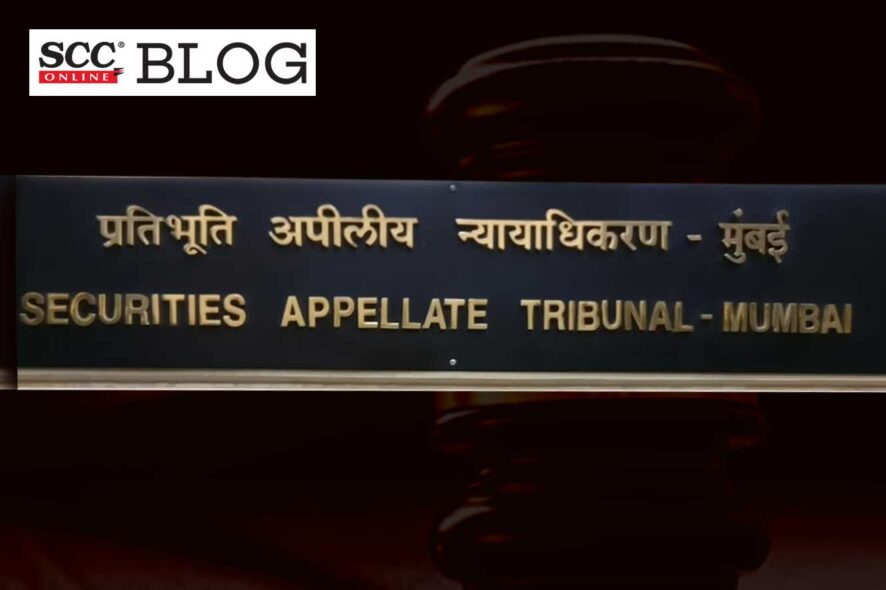Securities Appellant Tribunal, Mumbai: The Bench of Tarun Agarwala, J., Presiding Officer, and Meera Swarup, Technical Member, while allowing the appeals held that the shareholders of the company by passing a Special Resolution can ratify the Director’s Breach of Duty.
Background of the case
The Appellant, Terrascope Ventures Ltd., previously known as Moryo Industries Ltd., made a preferential issue of 63,50,000 shares for Rs. 25/- per share to 42 persons in a Special Resolution passed under Section 81(1A) of the Companies Act, 1956 on 01-10-2012. On the same date, an Extra Ordinary General Meeting (hereinafter as EOGM) was held and the shareholders were informed that the proceeds from the preferential issues would be utilised for the following uses-
-
capital expenditure including the acquisition of companies/business
-
funding long-term working capital requirements
-
Marketing
-
setting up offices abroad and
-
for other approved corporate purposes.
The proceeds collected were used for purchasing shares and extending loans and advances to other companies. On 29-09-2017, in the Annual General Meeting, the shareholders ratified the acts of the directors for not utilising the proceeds for their original objectives.
Securities Exchange Board of India (hereinafter SEBI) conducted the investigation and held that the variance of the utilization of the proceeds from the preferential issue cannot be legitimized by subsequent ratification passed by the shareholders in the Special Resolution and such ratification violates Regulation 3 and 4 of the SEBI (Prohibition of Fraudulent and Unfair Trade Practices relating to Securities Market) Regulations, 2003 and Clause 43 of the Listing Agreement.
Analysis and Decision
In the light of the above-mentioned facts, the Bench relied upon the judgment of the Supreme Court in National Institute of Technology v. Pannalal Choudhury, (2015) 11 SCC 669, wherein, the expression “ratification” was explained as-
“29. The expression “ratification” means “the making valid of an act already done”. This principle is derived from the Latin maxim “ratihabitio mandato aequiparatur” meaning thereby “a subsequent ratification of an act is equivalent to a prior authority to perform such act”. It is for this reason that the ratification assumes an invalid act which is retrospectively validated.
30. The expression “ratification” was succinctly defined by the English Court in one old
case, Hartman v. Hornsby as under: “Ratification” is the approval by act, word, or conduct, of that which was attempted (of accomplishment), but which was improperly or unauthorisedly performed in the first instance.”
Therefore, the Bench opined that once the company ratifies the utilization of the proceeds, the acts, and deeds done by the directors on behalf of the company become valid. Hence by allowing the appeal the Bench held that since the utilization of the proceeds had been ratified, there was no variance in the utilization of the proceeds and consequently there was no violation of Clause 43 of the Listing Agreement.
[Terrascope Ventures Ltd v. SEBI, Appeal No. 116 of 2021, decided on 02-06-2022]
Advocates who appeared in this case :
Deepak Dhane, Advocate with Shantibhushan Nirmal, and Sneha Ramnathan, Advocates i/b. Profess Law Associates, Advocates, for the Appellant.
Suraj Chaudhary, Advocate with Nidhi Singh, Binjal Samani, Aditi Palnitkar, and Moksha Kothari, Advocates i/b. Vidhii Partner, Advocates, for the Respondent.






